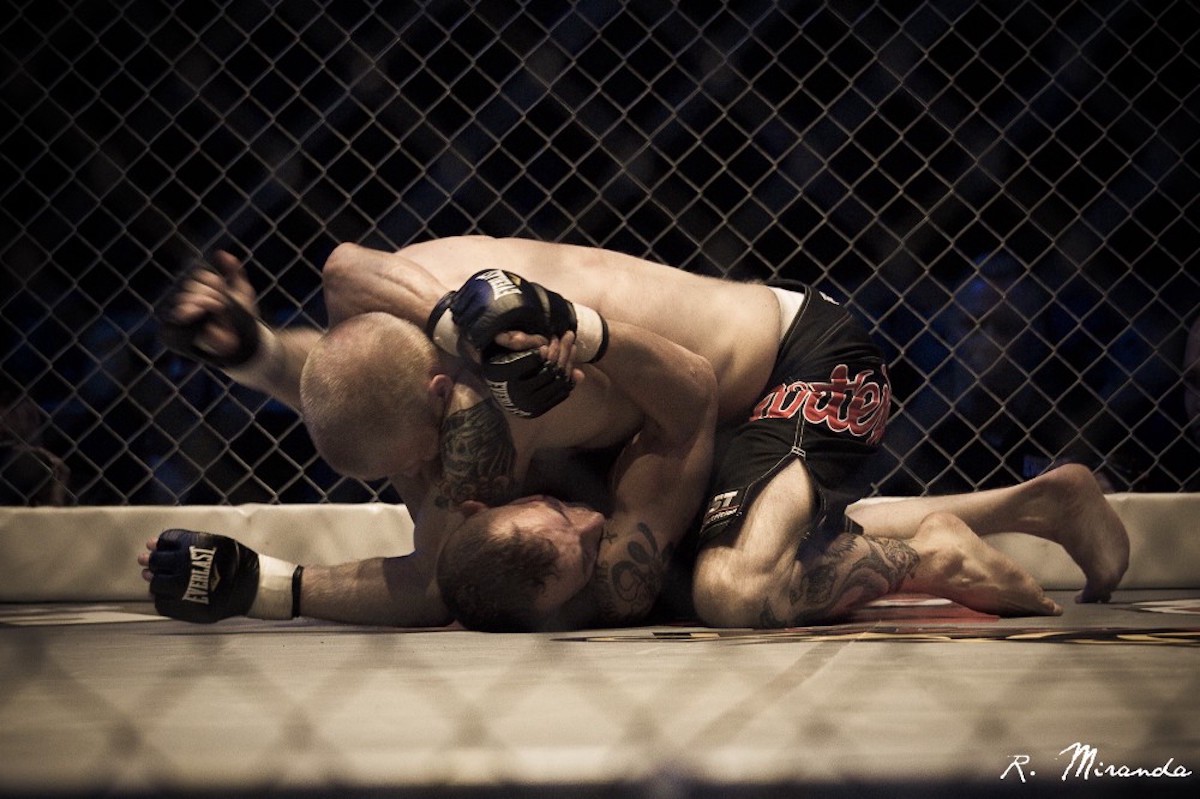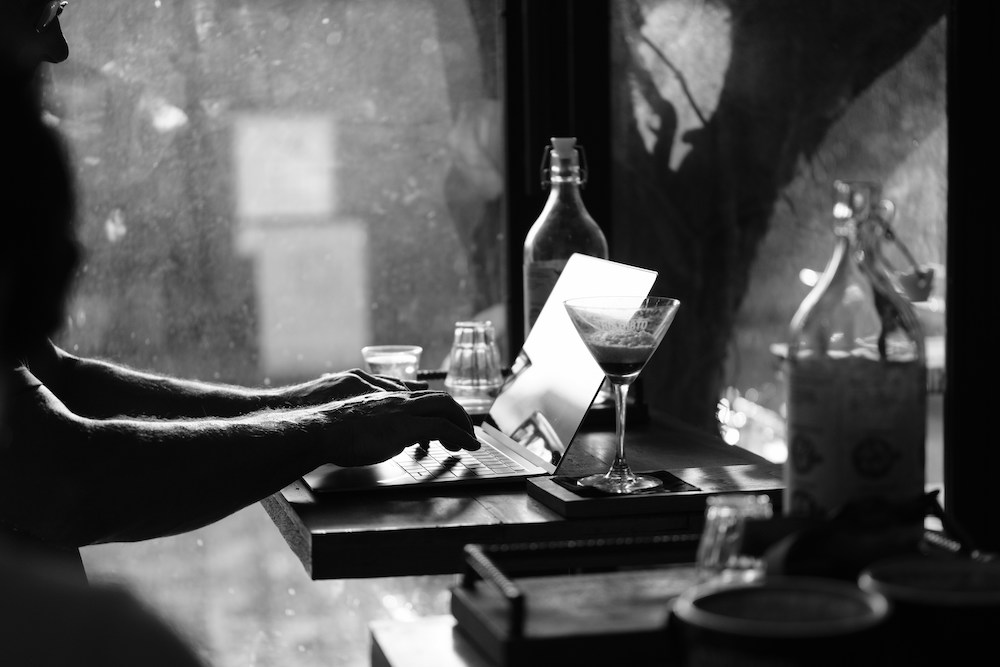Craft
How Big of a Deal is Wikipedia Plagiarism? That May Depend on Who You Are
Editor Jill Bialosky has 72 famous writers defending her from plagiarism charges. Should she be held to a different standard?

Did prominent poet and editor Jill Bialosky break the first rule of Writing 101, the one that every college student learns in freshman year? That’s the claim literary critic William Logan is making about Bialosky’s memoir, Poetry Will Save Your Life. In The Tourniquet Review on October 4th, Logan accused Bialosky of plagiarizing “numerous passages from Wikipedia and the websites of the Academy of American Poets and the Poetry Foundation.” (Bialosky, and a group of 72 prominent authors who cosigned a letter of defense to The New York Times, disagree — or rather, they don’t disagree, but they don’t think it’s such a big deal.)
Here is a comparison of a passage about poet Robert Lowell that Logan references in his review:
Bialosky: “Although Lowell’s manic depression was a great burden for him and his family, the exploration of mental illness in his verse led to some of his most important poetry, particularly as it manifested itself in Life Studies. When he was fifty, Lowell began taking lithium to treat his mental illness.”
Wikipedia: “Although Lowell’s manic depression was often a great burden (for himself and his family), the subject of that mental illness led to some of his most important poetry, particularly as it manifested itself in his book Life Studies. When he was fifty, Lowell began taking lithium to treat his mental illness.”
Bialosky responded to the allegations saying: “William Logan has extracted a few ancillary and limited phrases from my 222-page memoir that inadvertently include fragments of prior common biographical sources and tropes after a multiyear writing process. This should not distract from the thesis of this book, which derives from my own life, my experiences and observations.”
To be clear, the “fragments” are chunks of almost word-for-word paragraphs, and the “common biographical sources” include Wikipedia, a source of information that every freshman student is taught not to use. Even the founder of Wikipedia, Jimmy Wales, has urged that Wikipedia should not be cited for academic purposes.
The 5 Weirdest Lawsuits About Authors Stealing Ideas
Copying and pasting off Wikipedia is a rookie mistake, and perhaps a forgivable one if you’re a college student or even an entry-level blogger. But Bialosky is the vice president and executive editor at W. W. Norton, a publisher of literary anthologies widely used in universities. That’s right: Instead of citing, say, The Norton Anthology of English Literature for biographical information, a Norton editor, writing a serious memoir, chose to copy and paste from a open-source website without using any attributions. It is baffling.
The only plausible explanations that we have for this are:
- Norton does not give its editors free copies of its lauded anthologies, and at a steep $61.42, they were too expensive for Bialosky, who had to rely on free web sources she was then too ashamed to cite.
- An overworked assistant or some poor hapless intern tasked with researching the poets’ biographies decided that they weren’t paid enough to ghostwrite parts of someone else’s memoir so copy and pasted instead. (Or a slightly more diligent hapless intern meant to un-Wikipedia the quotes eventually, but got distracted with ordering her boss’s lunch.)
- Bialosky herself took notes from Wikipedia and then later forgot they were verbatim, which raises the question of why a prominent editor was using Wikipedia as a primary source.
- Bialosky took notes from actual primary sources and later forgot they were verbatim, and the Wikipedia writer did the same thing.
Plagiarism claims are a common plague in the publishing industry. In 2002, author and historian Doris Kearns Goodwin resigned as a Pulitzer prize judge after allegations surfaced that many passages in The Fitzgeralds and the Kennedys were lifted almost verbatim from other writers’ works. Goodwin made a financial settlement with Lynne McTaggart, the author of a biography of Kathleen Kennedy from which she copied up to 50 passages, after McTaggart threatened to sue her for copyright infringement. Like Bialosky, Goodwin insisted that the instances of plagiarism in The Fitzgeralds and the Kennedys were inadvertent; she blamed a research assistant with sloppy handwriting for the “mistakes.”
Some notable voices think Bialosky should take her licks like Goodwin; others are appalled by the very idea that using the same words to describe something qualifies as “plagiarism.” Here are some reactions from the literary world, ranging from calling Logan sexist to calling Bialosky a sociopath:
I find these charges highly untroubling. Jill Bialosky, Poet and Editor, Faces Plagiarism Accusations https://t.co/AWofueziBD
Refusing to join the literary lynching of #jillbialosky https://t.co/DhT7Q3dcvA
Like all plagiarists, Jill Bialosky thinks she can get away with her sociopathy. And maybe she can.
This is particularly disturbing because as an editor, Bialosky *should* know what to expect from writers, and therefore from herself. /1 https://t.co/wlFQiFziwz
The common refrain used by Bialosky and her supporters in defending her alleged plagiarism is that using “straight biographical information” is not plagiarism, and failing to use quotations and citations is “a common error.” A common error that, as Talya Zax at Forward points out, could devastate the career of a writer less established than Bialosky: “A student can fail or be kicked out of a class, and in some cases expelled, for plagiarizing in exactly that manner. I’m a writer at the start of my career; in an unofficial survey, my editors said that if they were shown evidence I’d plagiarized to a similar extent they would likely fire me.”
A group of 72 writers and self-described “friends of literature,” including authors like Jennifer Egan and Claire Messud, wrote a letter to the Times scolding it for publishing William Logan’s allegations and “giving a large platform to a small offense.” The gist: How could The New York Times “taint the reputation” of an “accomplished editor, poet and memoirist” and “substantial contributor to American letters”? The “friends of literature” — many of whom, not for nothing, are friends and colleagues of Bialosky — note that her theft was not “egregious” or “intentionally performed,” and that it would be corrected in future editions. They do not make the claim that it didn’t occur.
Repeating dry facts verbatim from Wikipedia is indeed a pretty common, non-egregious error — an easy mistake to make. An embarrassing mistake, even. Should Bialosky be shunned, ruined, or punished? Probably not. (Doris Kearns Goodwin, we’d note, is still a prominent public intellectual.) But should she be embarrassed? Probably yeah! And the graceful response to embarrassment is saying “gosh, I’m so embarrassed”—not rallying famous writers to your defense. (We appreciate her not throwing that theoretical-but-probably-real intern under the bus, though at this point everyone knows that people who grew up with the internet research by copying and pasting into a document and then paraphrasing later. Whether better methods should be taught is a matter for another story.) There’s a whiff of “do you know who I am” about this response, and all we can think is: yes, you’re a talented and respected woman of letters. Perhaps we should hold prominent editors to a higher standard, not a lower one.
—By Jo Lou, with Jess Zimmerman










